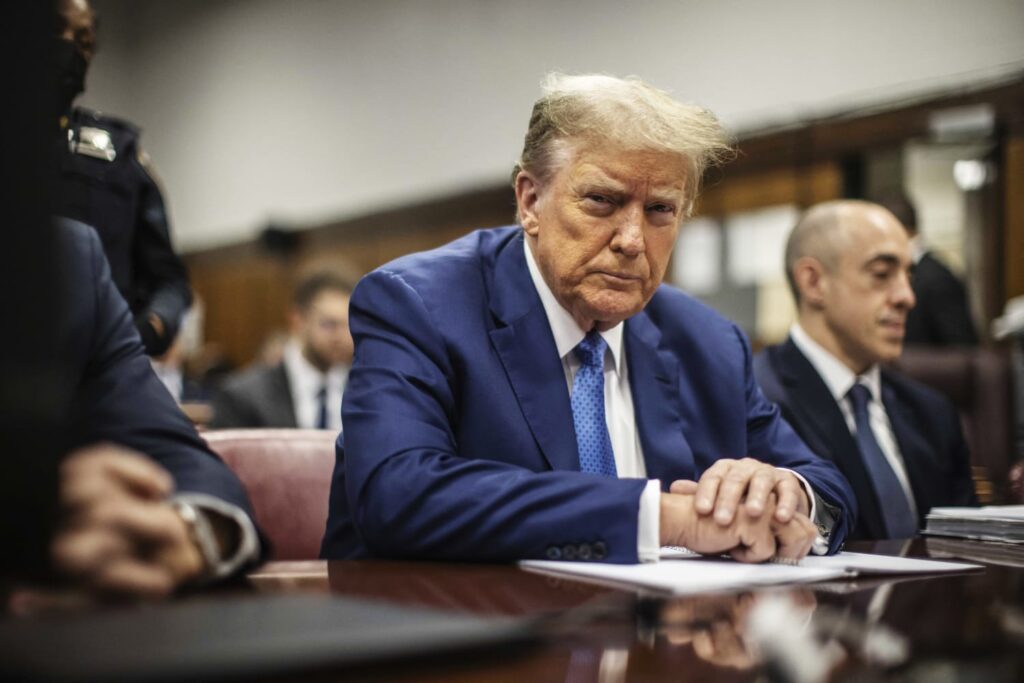It's been nearly a month since the U.S. Supreme Court heard oral arguments in the case of Trump v. United States, and the key question at the heart of it is: Are former presidents immune from criminal prosecution for acts committed while in office?
It remains to be seen how the judge will answer this question. The sooner a ruling is made, the better it will be for the prosecution and the justice system, but it seems that much of the public has already reached a conclusion.
Marquette Law School conducted a national survey this month asking respondents, “The U.S. Supreme Court is considering a case about whether former presidents should be immune from criminal prosecution for their official duties while in office.” Which view is closest to yours? [former presidents] They should be immune from criminal prosecution for acts committed in official capacity. [or] Shouldn't they be immune from criminal prosecution for acts committed in official capacity?
The results were rather one-sided.
Former presidents should be immune from criminal prosecution: 16%
Former presidents should not be immune from criminal prosecution: 71%
At first glance, the data suggests that Trump's repeated claims have only persuaded a small portion of the American electorate. But in this case, the pollsters took an interesting extra step. From the Marquette Law School report:
To understand how the involvement of former President Donald Trump affects views on presidential immunity, the survey randomly asked half of the sample whether immunity should be granted to a “former president” and the other half whether immunity should be granted to “former President Donald Trump.” In response to this question, 16% said immunity should be granted to a “former president” and 71% said immunity should not be granted. Of those asked about “former President Donald Trump,” 30% said immunity should be granted and 60% said immunity should not be granted. Mentioning Trump had the effect of nearly doubling support for immunity.
If you think this shift is the result of a change in thinking among self-identified Republicans, you'd be right. When asked about “former presidents,” only 29% of Republicans said they supported immunity. When Trump's name is added to the list, support for immunity among Republicans more than doubles to 61%.
This isn’t entirely surprising, but the survey data serves as a timely warning about partisan and tribal loyalties, ideologies, and the degree to which many people find it easy to prioritize party and tribe over the latter.

